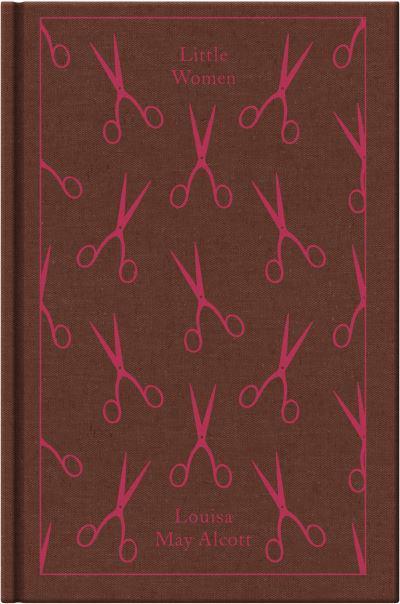Shelf Indulgence review

In recent years a number of women’s classics have been revisited as feminist texts by academics and film makers alike and in this Shelf Indulgence review I revisit Louisa May Alcott’s classic. Since its publication in 1868, Little Women has been adapted dozens of times for film, TV, theatre, opera and even ballet, and last Christmas, looking for something uplifting to watch, I found the 2019 film adaptation. The modern attitudes and great daring of the young women in the film version smacked of anachronistic reinvention, so I sought out the book – and was proved very wrong.
Little Women is highly autobiographical, and the fictional March family’s story closely reflects the daily routines and events in the life of the writer. Louisa’s father, Bronson Alcott, was a member of The Transcendental Club, along with his more successful friends and sometime patrons, Nathaniel Hawthorn, Henry Thoreau and Ralph Waldo Emerson. But he could never earn sufficient to keep his family, and they lived in gentile poverty for many years. From a young age, Louisa – like Jo, the central character in Little Women – worked to support her family, toiling as a domestic worker, seamstress, and governess, progressing on to write scandalous short stories for magazines and newspapers, and later penning successful ‘sensation novels’.
When publisher Niles Thomas agreed to publish her father’s philosophical manuscript only if Louisa wrote the ‘smart, lively novel for girls’ he’d requested from her the previous year, as a dutiful daughter, she set to with a will. Described as ‘the greatest American literary sensation of the post-Civil War decade’, Little Women’s success guaranteed Louisa the financial security she’d craved all her life.
And it is a delight – its emotion and drama perfectly balanced with funny interludes and sharp wit. But don’t take my word for it: the introduction to this lovely Penguin cloth cover edition begins with a writer’s enthusiastic praise for the novel, in which she ‘caught a glimpse of her future self’. The writer who so admired Jo March was the great French philosopher and thinker, Simone de Beauvoir.
Buy Little Women, by Louisa May Alcott on Amazon
Order Dead Man Walking, by M.K. Murphy
More info on Dead Man Walking
